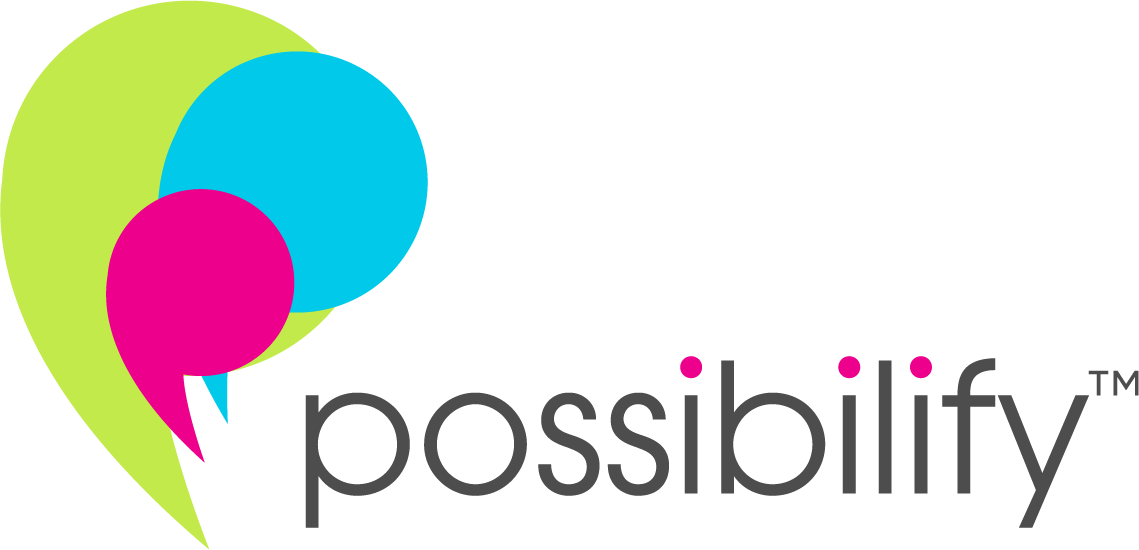- Anti-Racism Tip #8: If It Needs a Disclaimer, Don’t Say It - October 18, 2022
- On Tender Moments that Take Us By Surprise - May 18, 2022
- Finding Creative Ways to Exercise During the Pandemic - April 29, 2022
Have you started a sentence with: “I’m not sure if this is offensive but…”? Well, it probably was offensive and you shouldn’t have said it. This is an important lesson in anti-racism: it if needs a disclaimer, don’t say it.
We’ve all seen it: a person with privilege – often White, often male – will take up too much space, espouse their views, and play the devil’s advocate in conversations about racism. Unfortunately, when this happens, it’s often in the context of questioning, minimizing, or dismissing the lived experiences of a person who has actually experienced racism.
Now I’m not saying that people who don’t experience racism shouldn’t engage in conversations about racism and anti-racism. In fact, quite the opposite; it’s the responsibility of those with privilege to:
- actively engage in these conversations
- challenge their own biases towards, assumptions about and negative stereotypes of others
- reflect on their own privilege and sit in the discomfort this brings
- take responsibility to learn and
- take action to combat racism.
Racism, after all, is a problem rooted in White Supremacy. White people, therefore, need to be active allies in confronting and combatting it.
“Just to play the devil’s advocate…”
Never play the devil’s advocate in conversations about racism and oppression. This is a strategy used to say offensive things without taking personal responsibility for saying them. This tip is particularly applicable to men since, as this great GQ article highlights, playing the devil’s advocate is a gendered phenomenon linked to European ideas of masculinity.
There are a couple of reasons that people may play the devil’s advocate: it can be (1) to intentionally bring into question a Black, other racialized or Indigenous person’s lived experience of racism and/or (2) to engage in debate that seems interesting to them. In both cases, it’s harmful. Here’s why:
- If the intent is to question, diminish, or contradict a person’s lived experience of racism, positionality matters. The opinions and experiences of those who have experienced racism are the most relevant and carry the biggest weight in conversations about racism. FULL STOP (If you are reading this bullet have a question you want to ask about this or have a comment, just sit with that – sit in that discomfort and go back and read the previous sentence again).
- If the intent is to engage in an interesting, intellectual conversation about racism just for the sake of it, this centres your interests over the well-being of the person who has experienced racism. A person’s own experience of racism and the strategies they have had to implement to try to avoid the dangers caused by racism in their own lives is not an intellectual exercise; it’s an experience that has real physical, mental, emotional and spiritual consequences. Turning the lived experiences of those who have experienced the deep harm of racism into an interesting conversation that serves your purposes can deepen the racial trauma that Black, other racialized, and Indigenous people experience.
Racism has real life implications for Black, other racialized, and Indigenous people, including the potential for significant harm and even death, so avoid playing the devil’s ddvocate; it is misguided, inappropriate and harmful.
“I would never say this but I heard someone else say…”
Again, don’t say it.
“I hope this doesn’t come across as racist, but…”
Nope.
“[Insert any other disclaimer here…then a comment about racism or anti-racism here]”
It’s best not to say it.
Any disclaimer is a clear sign that you should just stop before the rest of the sentence comes out of your mouth (by the way, this is often a good general guideline to follow in our lives). Remember there are thoughts that should remain in your head so keep the ones about racism or oppression that follow a disclaimer IN. YOUR. HEAD.
A disclaimer is a strategy that people use to distance themselves from ideas that they don’t feel comfortable taking responsibility for. As adults, we need to take responsibility for all our words and actions. So think really hard before you start a conversation about racism with a disclaimer.
And remember…if it needs a disclaimer, don’t say it.
We would love to hear your thoughts and comments in the section below.


Excellent article. It certainly makes you think about conversations you have been involved in over many years and really you would not consider yourself being a racist, but after reading this article, you would think twice about saying things that needed not to be said.
It’s never too old to understand racism and understand how it affects so many people.
Thank you for sharing.
I agree with the need to be thoughtful in conversation. It is so easy to be offensive without realizing it. I have difficulty responding in conversations which start with a disclaimer. I am not always able to respond appropriately and usually remain silent. That does not feel right. I can now say something like “ I think that you started with a disclaimer? Your repeating a racist comment that somebody said, comes across as something you agree with….or it does come across as racist…. This article has helped me flag and possibly respond in conversations I have found uncomfortable. We shall see. Thanks, Kirsten.
Making a very valid point with the article, if it needs a disclaimer keep it in your head.
A practise to live by.
This is a very helpful article for everyone. I do think though that if one is an introvert, it is easier to follow the advice. The more extroverted one is, the harder a person will have to work at it.
Great point! I guess it would be harder to follow this advice as an extrovert!!